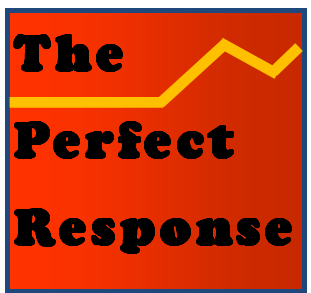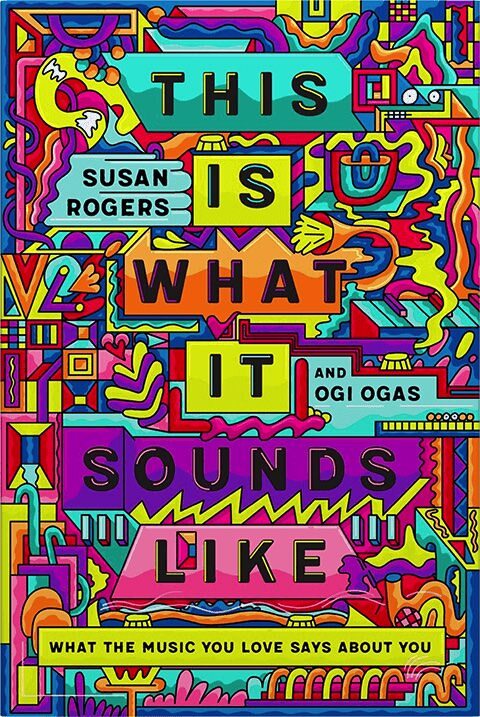No locution is easier to make than one that includes a statement of doubt. There are inherent personal advantages to assertions that things are not as they seem.
One source of our predicament as a country is our polarization, fueled mostly by doubters of various sorts with suspicions about the institutions in their lives: the fairness of voting systems, the intentions of professionals involved in education and childcare, or maybe the offerings of universities presenting courses thought to be useless.
To any observer it looks like we have become a nation of cynics and sceptics, leaving millions of teachers, election workers, city leaders and clinical experts struggling to assert what was once a given: acceptance of their knowledge, legitimacy and good will. This is not a wholly new pattern. After all, Richard Hofstadter’s legendary Anti-Intellectualism in American Life was published in 1963. A pattern of ill-founded “truths” was well known then. But ill-informed assertions are now common, and more easily proliferate.

What’s going on? Why are our friends and neighbors willing to doubt the expertise and intentions of so many professionals and public servants?
At least a partial explanation seems to be this: No locution is easier to make than one that includes a statement of doubt. There are inherent personal advantages to assertions that things are not as they seem. First, they seem to be the safest and most comfortable of all responses to an admittedly complex world that cannot be fully understood. To say that “elections are rigged,” or “banks exploit their customers,” or “too many teachers are indoctrinating their students” is to offer an opinion that, presumably has some weight of experience or evidence behind it. By contrast, to simply affirm what seems like an expected state of affairs (i.e., “the city is making a valiant effort to curb crime,” “Women make up an important segment of the military”) asserts a more routine status quo. But to offer a negative judgment or opinion is subtly ego-enhancing. It suggests deeper understandings about accepted truths. “Things are not going well” or “things are not what they seem” are the kinds of statements that carry a presumption of awareness and knowledge. There’s drama and intellectual chaos in the denial of another’s accepted truth.
To make such an accusation is to confer on oneself a much-needed sense of agency.
Second, ersatz accusations allow a kind of rhetorical covering that skips the due diligence of learning in favor of the appearance of a contrary judgment. This rhetorical form also has the advantage of trying to buy us off with a kind of faux-expertise that can mask a sagging ego, or a sense of powerlessness. For example, if a person does not want to take the time to read about vaccine safety, why not convert some free-floating displeasure into direct dissatisfactions that can be passed off as insights? The easy targets of this scapegoating can be the drug industry, perhaps, or public health officials, or anyone with a rightful claim to special expertise. Similarly, if a person doesn’t like a vote tally that will keep a preferred candidate out of office, why not soften the sting of defeat with charges that the election was a “fraud?” To make such an accusation is to confer a much-needed sense of agency on oneself, gaining more standing as an accuser than as a person bound by the facts as they are. In other words, if one’s life is not unfolding in positive ways, why not cast out some of that displeasure by making accusations about others? In our times, the resulting press attention can be sources of satisfaction.
Small Minds Thrive on Personalization
It is a malady of our time that many do not exert the intellectual energy needed to understand the structural and institutional forces of contemporary life; but they are certain they can ‘know’ the nefarious intentions of others. It is easier to make an outrageous assertion about an individual than to weigh the effects of a given policy. Small minds thrive on personalization.
This kind of scapegoating logic is the only way I can wrap my head around outrageous and false accusations made against others, for example: suggesting widespread the “grooming” of children by librarians and educators to induce premature sexual or gender activity. A charge hinting at something like child abuse is sure to get attention. But in our age, and for the many who will not seek out customary routes to certain knowledge, fantasies of professional malfeasance are revealing markers. Accusers who make these kinds of claims strive for the unearned honor of “knowing” more than the rest of us.
![]()


